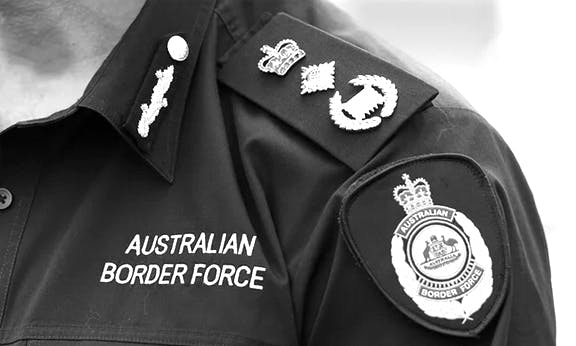Public sector union hamstrung in right to strike case

Exercising one of its numerous anti-strike powers, the Fair Work Commission recently suspended customs and airport workers’ right to take protected industrial action. An interim decision announced by the commission on 3 April at the request of the immigration department was made final on 27 April. The strike ban will remain in effect for three months.
In the wake of the Brussels terrorist attacks, the commission found that planned industrial action by airport workers constituted an unjustifiable threat to the safety of the Australian population.
The decision is a major win for the federal government, which is in the middle of a number of significant pay disputes with public sector workers. Customs and immigration workers, represented by the Community and Public Sector Union, have been campaigning for a new enterprise agreement since June 2014. The department is seeking to implement a series of cuts to their wages and conditions. In May 2015, union members in the immigration department, by a significant margin, voted to authorise industrial action under the Fair Work Act.
Unions need to be clear that the militarisation of Australia’s borders is an ideological exercise, designed to whip up fear about asylum seekers and Muslims.In accepting the government’s argument that their strike action posed a “serious and compelling” risk to the public, the commission acknowledged that any suspension of industrial action would hinder the workers’ ability to bargain effectively with their employer. The exercise of a basic industrial freedom is not as important as fanning the flames of hyperbole and ideological furore about national security, according to the commission. Scant evidence was provided by the government about any concrete threat posed to Australia by terrorists. Instead, the existence of more “terroristic opportunities” was largely accepted as common sense.
Sections of the union movement have criticised the particular power relied on by the commission in this case. It has previously been used to prevent nurses, university staff, transport workers and other public sector staff from taking legal industrial action.
However, the CPSU accepts much of the national security logic behind the government’s case, making it difficult for the union to defend effectively its members’ right to strike. Most notably, the union itself called off planned industrial action in the immediate aftermath of the Brussels attack, citing “concern about airport security”.
Throughout its industrial campaign, the union has also agreed to exempt certain staff from industrial action, at the request of the department, and has consistently provided more notice of planned actions than is required by law. These political concessions have emboldened the government to seek more and have hamstrung the union’s ability to counter the push to ban strikes altogether.
Unions need to be clear that the militarisation of Australia’s borders is an ideological exercise, designed to whip up fear about asylum seekers and Muslims.
A recent internal survey commissioned by the immigration department found widespread discontent among workers about the “militaristic” culture of the newly established Border Force agency.
However, instead of challenging the government’s racist narrative about border control and national security, the CPSU has fallen into line. The strike ban issued in this case shows clearly that workers’ interests will not be advanced this way.